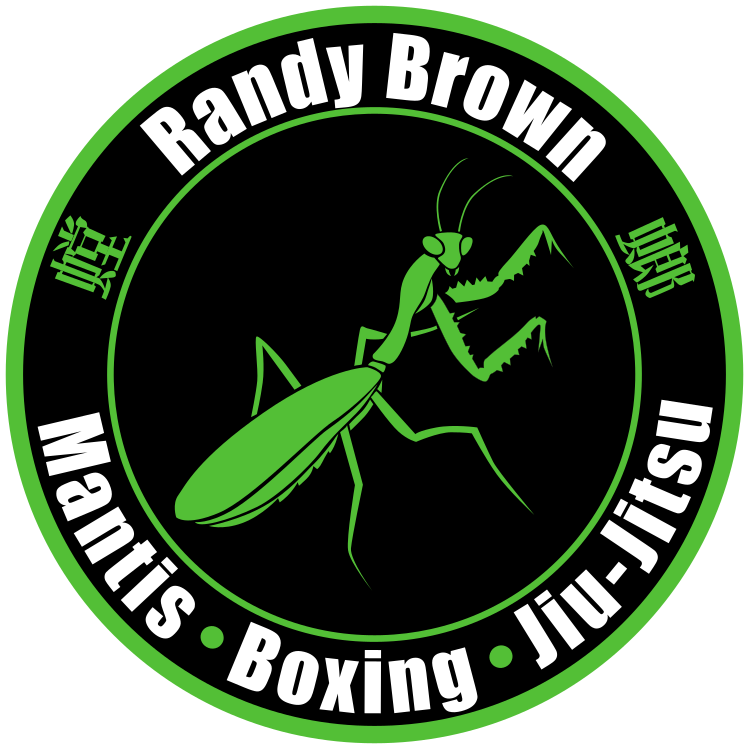Tai Chi Underground - Project: Combat Methods
Welcome to my new project. I’ll update this blog post as we release videos each week. Stay hooked!
Find out why I am making Tai Chi videos…
Tai Chi History
If you are interested in the history of Tai Chi, check out this post:
Tai Chi vs Mantis Boxing
Here is a research project I’ve been tinkering with for years. A comparison of these two martial art styles; their commonalities, shared fighting techniques, and symbiotic combat principles.
Tai Chi Combat Methods
STRUM PIPA
Known as - Strum Pipa, Strum the Lute, or Play Guitar, this move is found in the first road of the Yang style Tai Chi long form, as well as the 24, and other sets. The move is performed twice in the form and mimics a person playing a lute/guitar/pipa. This redundancy of 2x could be an indication of this moves multiple primary combat methods. One method is depicted in this video, others will appear as parts of the other moves in this series. Often when viewing this move in tai chi today, it has been simplified with the hands and looks identical to Raise Hands Upward, which has a very different application.
HIT TIGER
Hit Tiger -- found in the section 2 of the Yang tai chi long form. Often portrayed with large sweeping arm rotations. The movements in the form were exaggerated (large frame) but originally had a shorter frame as depicted here. More in line with the application.
BEND BOW SHOOT TIGER
Bend Bow Shoot Tiger is the final movement of the Yang long form that closes out section 3. The move can easily be mistaken as a block/counter-strike, except the footwork and angles are all off. As with many moves found inside Chinese martial arts forms, a punch is not exactly a ‘punch’.
RETREAT ASTRIDE TIGER
Retreat Astride Tiger appears in the third road of the Yang Tai Chi long form. By outward appearances, the move can be mistaken for White Crane Spreads Wings. The two have very different fighting applications.
BRUSH KNEE
Brush Knee appears in the 1st road of the Yang Tai Chi Long Form. It is repeated 5x in this road, and 4 more times in the remainder of the form. Clearly, a significant fighting technique to the author of the form.
In road one, Brush Knee is interspersed with Strum Pipa . Brush Knee - Strum Pipa - Brush Knee (3x) - Strum Pipa - Brush Knee. Why do you think this is? (easter egg)
See the Unseen - In 1911 this style was converted to a health practice from a fighting art as part of the reformation period in China. A tool to help strengthen the populace using their now defunct martial arts (due to firearms and changes in warfare).
As such, having people balancing on one leg without a partner to grab is challenging. Therefore what is represented in the form is an 'abbreviation' of Brush Knee's true fighting intent shown here.
From A Few Years Prior
Grasp Sparrow’s Tail
Grasp Sparrow Tail, the one and only. Yang Lu Chan's masterpiece sequence from Qing dynasty Chinese Boxing. This is Yang's Cotton Boxing (miánquán 棉拳), or more widely known as Taijiquan (Tai Chi). The Yang style long form is riddled with this move. I have spent years trying to figure out how this move worked, and it is one of the handful of Cotton Boxing techniques that has continued to elude me. Until now. This is by far an amazing discovery. I am very thankful for whatever daemon's have been visiting me of late, and showing me these moves. A few weeks ago I was watching Sonny from Beijing Shuaijiao (check out his channel for more good stuff), play around with Part Horses Mane; another move from Yang style. I noticed something he was doing and it sparked an idea to play out. Thanks to Holly, Vincent, Don, and Thomas for putting up with my ramblings and pushing them around for a few days while I worked on it. Apologies for those in Whole Foods that had to witness the disruptions. Without further ado, check out the video Max shot so we could put this out there for all that have studied Tai Chi and wondered what these moves do. There are more coming, but this is by far one of the coolest sequences that shows how high level Yang Lu Chan really was. You don't develop chains like this, unless you are at a high level in your game.
Embrace Tiger Return to Mountain
Yang's Cotton Boxing has innumerable combinations of moves that transition from one to another. Here we show the use of 'Needle to Sea Bottom', to setup 'Embrace Tiger Return to Mountain'. Embrace Tiger is similar to 'Grasp Sparrow Tail'. The entry is different, but then the next three moves are the same/similar.
Diagonal Flying
When grappling in the flank position, and tied up, Flying Diagonal showed up as a good counter to our opponent’s counter for Double Seal Hands, or in general - if our opponent postures up while in this position. Check out these nuances and details to add Diagonal Flying into your arsenal.

